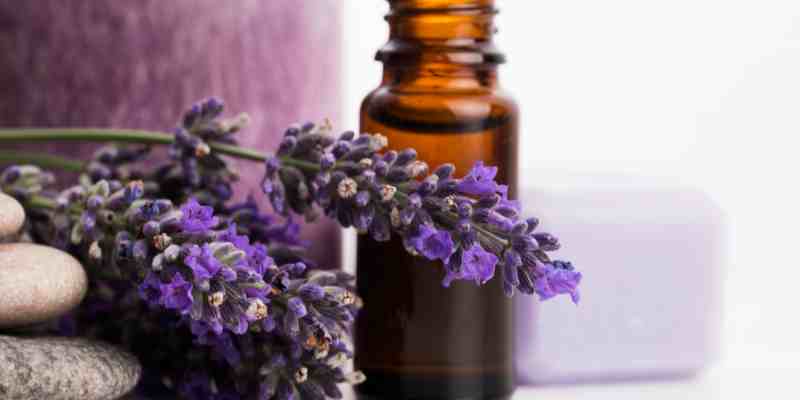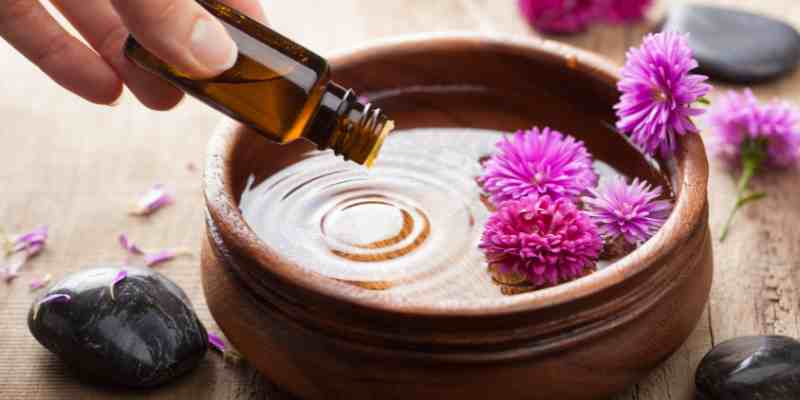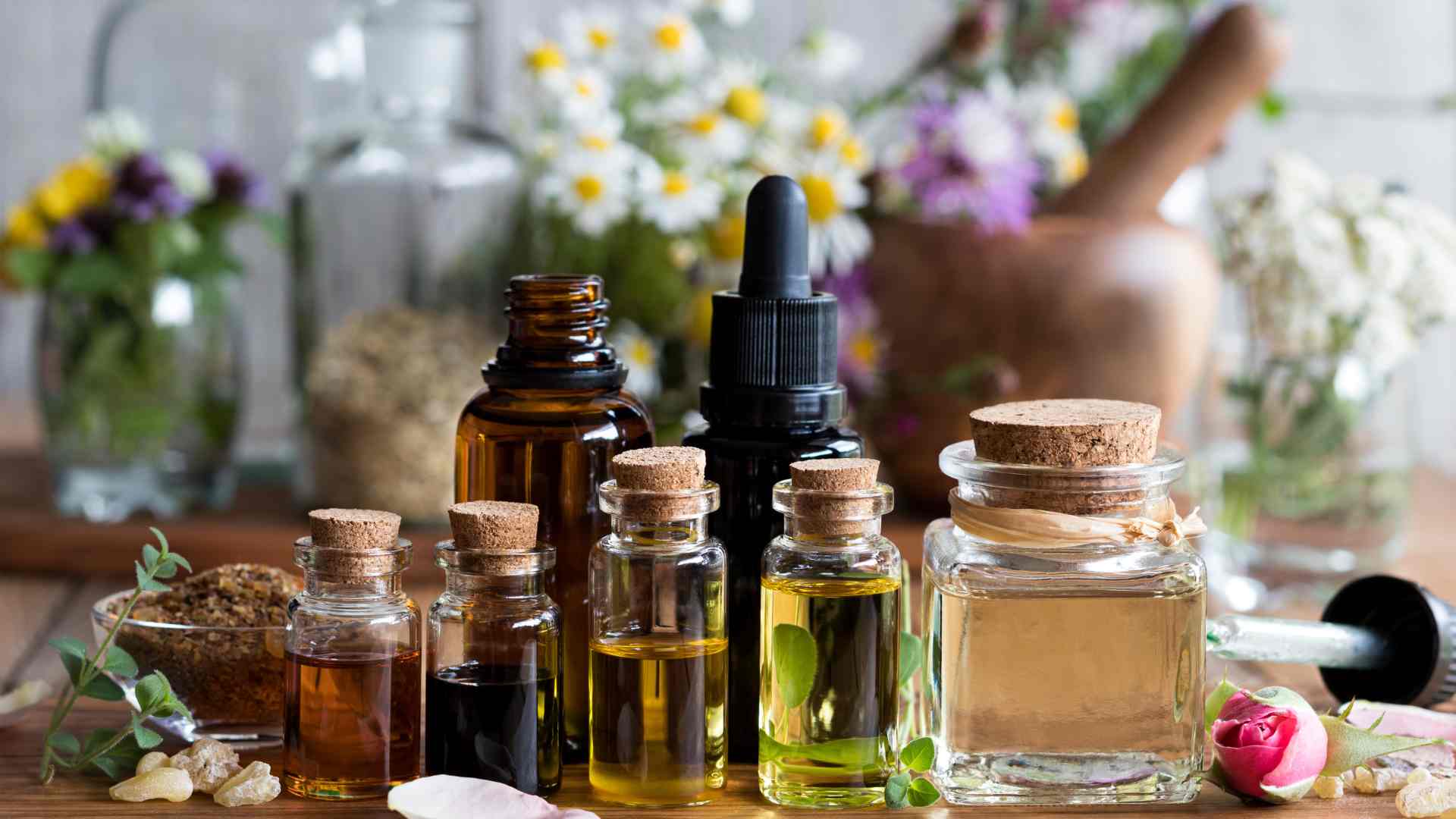Essential oils for aromatherapy have been used for centuries to calm the mind, lift the mood, and support everyday wellbeing. Today they remain one of the simplest natural practices you can bring into your home. Just a few drops can help you relax after a busy day, sleep more soundly, or even find a little more focus when you need it most.
I’ve learnt over time that keeping a small set of essential oils at home is like having a natural toolkit. Whether it’s easing tension, refreshing a room, or giving your energy a gentle boost, the right oils can make a real difference. But with so many to choose from, it can feel confusing to know where to start.
That’s why this guide focuses on the ten most versatile, well-researched essential oils for aromatherapy – the ones that form a strong foundation for any home collection.
What are Essential Oils for Aromatherapy
Essential oils are concentrated plant extracts made from flowers, leaves, bark, roots, or peels. They capture the natural fragrance and active compounds of the plant.
When you breathe them in, the aroma molecules travel through the nose and can affect the limbic system, the part of the brain linked with emotions and memory. This explains why certain scents, like lavender or peppermint, can make you feel calmer, more alert, or even comforted.
Research supports many of these traditional uses. For example, research has shown that lavender essential oil may reduce anxiety and improve sleep quality, while peppermint oil has been linked to increased alertness and reduced mental fatigue.
Aromatherapy simply means using these oils in safe, practical ways — most often in a diffuser, in diluted massage oils, or in a warm bath. The beauty of essential oils for aromatherapy is their flexibility. You can choose oils that match your mood, create blends for relaxation or focus, or even use them to freshen and clean your home naturally.
The Top 10 Essential Oils for Aromatherapy for Your Home
Lavender (Lavandula angustifolia)
Lavender essential oil is often called the “Swiss Army knife” of essential oils because of its remarkable versatility. Its soft floral aroma is well known for reducing stress and promoting better sleep, but it doesn’t stop there. Lavender can also help ease mild headaches, support relaxation during anxious moments, and gently soothe the skin when properly diluted. Its natural deodorising and cleansing qualities make it a favourite for both wellness and home use, making this oil a true staple in any aromatherapy collection.
Peppermint (Mentha piperita)
Peppermint oil is a natural energy booster with a refreshing, cooling scent that awakens the senses. It is often used to improve focus and concentration, and its menthol content can help relieve tension headaches or feelings of fatigue. Peppermint is also known for its invigorating effect on the mind, making it ideal for busy mornings or long working hours. With its ability to freshen the air and even deter pests, this oil is as practical as it is revitalising.
Tea Tree (Melaleuca alternifolia)
Tea tree oil is valued for its powerful cleansing and purifying qualities. Its sharp, medicinal aroma signals its role in supporting a fresh and hygienic environment. Commonly used in natural cleaning solutions, it is also favoured for soothing minor skin irritations when diluted properly. This oil’s versatility and well-researched antimicrobial properties make it a must-have for keeping your home and body feeling refreshed.

Lemon (Citrus limon)
With its bright, zesty fragrance, lemon essential oil brings an instant sense of freshness and positivity. It’s known for uplifting the mood, enhancing focus, and purifying the air. Lemon oil also works beautifully as a natural deodoriser in cleaning blends, leaving your home smelling clean and vibrant. Its cheerful aroma makes it one of the most effective oils for creating a welcoming atmosphere.
Eucalyptus (Eucalyptus globulus)
Eucalyptus oil is widely recognised for its crisp, invigorating scent and its ability to support clear breathing. Often used during the colder months, it can help refresh the air and create a spa-like environment at home. Its purifying properties make it a popular choice for steam inhalation and natural cleaning, adding both practicality and comfort to your aromatherapy collection.
Frankincense (Boswellia carterii)
Frankincense has a warm, resinous aroma that has been treasured for centuries for its grounding and calming qualities. This oil is often used to promote emotional balance and deepen meditation or mindfulness practices. Its ability to create a peaceful, reflective atmosphere makes it ideal for evening routines or quiet moments of relaxation. Frankincense also blends beautifully with other oils for a truly luxurious experience.
Orange Sweet (Citrus sinensis)
Sweet orange oil captures the cheerful essence of freshly peeled citrus. Its uplifting fragrance helps reduce feelings of tension and creates a warm, inviting atmosphere in any room. Known for its mood-brightening qualities, it’s perfect for family spaces or social gatherings. This oil’s gentle nature makes it one of the most approachable and well-loved options for daily aromatherapy.
Chamomile Roman (Chamaemelum nobile)
Chamomile Roman has a delicate, apple-like aroma that is both soothing and comforting. It is a favourite for unwinding after a long day, thanks to its deeply relaxing properties. This oil is especially valued for supporting restful sleep and creating a calm environment. Gentle and nurturing, chamomile is perfect for evening use or quiet, restorative moments.
Rosemary (Rosmarinus officinalis)
Rosemary oil is known for its fresh, herbaceous scent and its ability to sharpen the mind. It has long been used to support focus, memory, and mental clarity, making it ideal for work or study sessions. Beyond its cognitive benefits, rosemary’s clean, invigorating aroma can also help refresh indoor spaces and inspire a sense of vitality.
Ylang Ylang (Cananga odorata)
Ylang ylang’s rich, fascinating fragrance is both romantic and deeply relaxing. Often used to create a sense of balance and ease, it is popular in evening blends and luxury bath rituals. This oil is also known for its mood-enhancing properties, helping to reduce feelings of stress and promote emotional harmony. Its sweet, floral scent makes it a beautiful finishing touch to any home aromatherapy collection.

How to Use Essential Oils for Aromatherapy Safely
Diffusion: Add 3 to 5 drops of essential oil per 100ml of water in a diffuser. Start with fewer drops and adjust to preference. For a stronger effect, try blending complementary oils, such as lavender and chamomile for relaxation or rosemary and peppermint for focus.
Topical Application: Always dilute essential oils before applying them to the skin. A safe dilution is 1–2% (about 6 to 12 drops per 30ml of carrier oil). For targeted relief, apply blends to the temples, wrists, or the back of the neck.
Baths: Mix 5 to 8 drops of essential oil with a tablespoon of carrier oil or Epsom salts before adding to warm bathwater. This prevents the oils from sitting undiluted on the water’s surface, reducing the risk of irritation.
Cleaning: Combine 10 to 15 drops of oils like lemon, tea tree, or eucalyptus with water and white vinegar to make natural cleaning sprays. These blends can freshen your home while offering mild antibacterial benefits.
Inhalation: For quick relief or an energy boost, add a drop of essential oil to a tissue, hold it near your nose, and inhale deeply. This method is especially effective with peppermint or eucalyptus.
Important Safety Considerations
- Always purchase high-quality, pure essential oils from reputable suppliers
- Perform patch tests before topical use
- Keep oils away from eyes, mucous membranes, and sensitive areas
- Store oils in dark, cool places away from children and pets
- Some oils can cause photosensitivity (especially citrus oils) – avoid direct sun exposure after topical use
- Pregnant people, nursing mothers, and people with health conditions should consult healthcare providers before use
- Never ingest essential oils without proper guidance from qualified professionals
Building Your Collection
Start with three or four oils that appeal to you most, then gradually expand your collection. Lavender, lemon, peppermint, and tea tree make an excellent starter set, covering relaxation, energy, cleaning, and purification needs.
Consider your lifestyle and preferences: Do you want oils primarily for relaxation, energy, cleaning, or general wellness? This will help guide your choices and ensure you select oils you’ll actually use and enjoy.
Embrace the Power of Essential Oils
Essential oils for aromatherapy have a way of turning simple moments into something special. A drop of lavender at bedtime, a touch of peppermint when you need focus, or a gentle citrus blend to brighten your day – they work quietly, transforming your home and supporting your well-being in natural, subtle ways.
So why not make this your season to explore aromatherapy? Start small, enjoy the process, and let these beautiful plant essences become part of your daily rituals.
And if you enjoyed this article, come back to The Nature’s Magic Hub for more simple, time-tested advice on how to stay healthy with nature’s help.
If you enjoyed this article, feel free to share it with your friends and family to spread the knowledge!
Don’t forget to follow The Nature’s Magic Hub on social media for more tips, updates, and insights into natural remedies and holistic wellness.
Join our community and stay connected to discover the magic of nature for a healthier, happier life!

